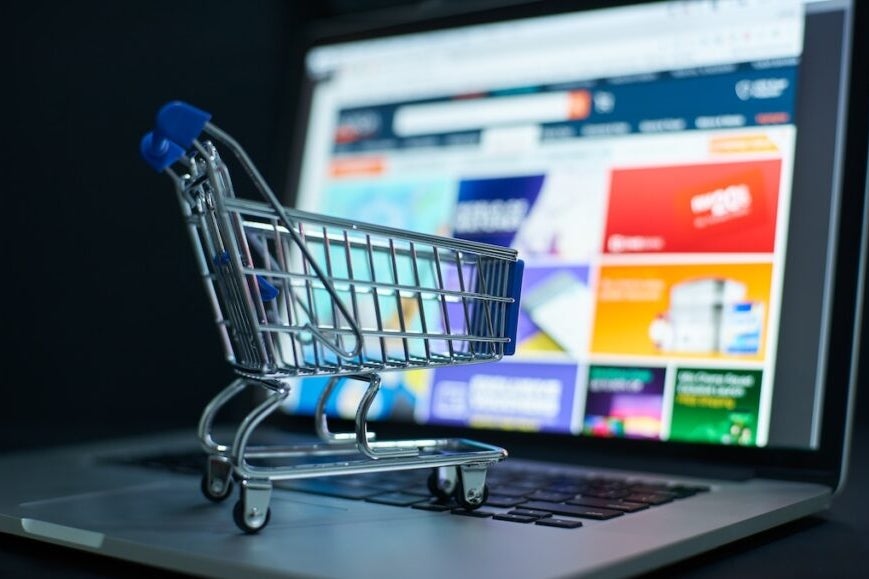‘It’s A Domino Effect,’ Walmart’s Marketplace Boom Has Led To An Increase In Counterfeit Retailers
Walmart’s digital marketplace has seen explosive growth over the last year, but it hasn’t come without a cost. In an effort to scale quickly, Walmart has made it easier for third-party sellers to join and list products on its e-commerce platform, CNBC reported, citing employees and sellers.
An investigation by the network found that these lax policies have led to an increase in the number of third-party retailers who aren’t who they say they are. CNBC found at least 43 vendors who had posed as other, established companies in order to set up their accounts.
Don’t Miss:
Mary May, a frequent Walmart marketplace user, reportedly has firsthand experience with these fraudulent sellers. In March, she saw a “ridiculous sale” on her favorite Neuriva brain supplements and purchased eight bottles from a seller going by Lifeworks-ACS. When the supplements arrived, she told CNBC that she noticed misspelled words and other anomalies on the packaging. Walmart eventually reimbursed her for the order, but she’s still upset by the experience.
“Walmart betrayed me. …They let me purchase something that could have harmed me, my family,” May told CNBC. “As a customer, I expect them to care about my well-being when I purchase something from them. Whether it’s from a third-party seller or not, it’s on Walmart’s website.”
Elaine Damo, the owner of the real Lifeworks-ACS, expressed her displeasure with the situation to CNBC. “It’s very disturbing,” she said. “It’s a domino effect, and it trickles and affects everyone.”
Trending: Backed by $300M+ in Assets and Microsoft’s Climate Fund, Farmland LP Opens Vital Farmland III to Accredited Investors
Damo says that over the past few months, she’s received returns from more than a dozen customers who, like May, had been scammed by an imposter third-party seller.
For its part, Reckitt, the company that makes Neuriva, told CNBC that it “immediately opened an investigation” after learning about the scammer. “The health and safety of consumers is our top priority,” a spokesman for the company said.
Tammie Jones, who worked for Walmart’s third-party seller vetting team in 2023 and 2024, told CNBC that employees are under pressure to approve sellers’ applications, even when there are concerns about validity.
“It got to a point where they were just like, ‘You know what? Just go ahead and approve everybody,‘” she said. “They wanted that business, so they were willing to take a chance on it.”
See Also: The ECG Hasn’t Changed in 100 Years — This AI Upgrade Could Help Detect Heart Disease Years Earlier
Walmart maintains that it is doing everything it can to prevent experiences like May’s. “Trust and safety are nonnegotiable for us,” the retailer said in a statement to CNBC. “We are aggressive in our efforts to prevent and combat [counterfeitters’] deceptive behavior… We enforce a zero-tolerance policy for prohibited or noncompliant products and continue to invest in new tools and technologies to help ensure only trusted, legitimate items reach our customers.”
Still, International AntiCounterfeiting Coalition President Robert Barchiesl maintains the retailer isn’t doing enough to prevent third-party fraud. “If you look at Walmart, they look more like a flea market than a trusted marketplace. It’s like the Wild West on their platform,” he told CNBC. “You can’t try to sell trust from aisle five and then let counterfeiters in” online.”
Read Next: Have $100k+ to invest? Charlie Munger says that’s the toughest milestone — don’t stall now. Get matched with a fiduciary advisor and keep building
Image: Shutterstock


